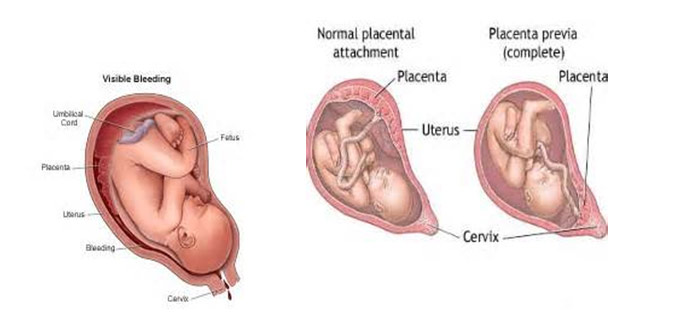GEMS for "Gynaecology Endoscopy Maternity Menopause Surgery"
A pregnancy is considered high-risk when there are potential complications that could affect the mother, the baby, or both. High-risk pregnancies require management by a specialist to help ensure the best outcome for the mother and baby.
The doctors at GEMS watch such pregnancies closely to find any problems early.
The conditions listed below put the mother and the baby at a higher risk for problems, such as slowed growth for the baby, preterm labor, preeclampsia, and problems with the placenta (placenta previa).

In general, a pregnancy may be high-risk if:
• The mother has a health problem, such as Diabetes, Cancer, High blood , pressure, Kidney disease, Epilepsy
• Maternal age is younger than 17 or older than 35
• Pregnant with more than one baby (multiple pregnancy)
• History of miscarriages, pre term labor, preeclampsia or seizures
• The baby has been found to have a genetic condition, such as Down syndrome, or a heart, lung, or kidney problem.
• If the mother has an infection, such as HIV or hepatitis C. Other infections that can cause a problem include cytomegalovirus (CMV), chickenpox, rubella, toxoplasmosis, and syphilis.
At GEMS Specialty Clinic for Women, women with high risk pregnancies are closely monitored and may be asked to visit the clinic for a check- up more often depending on the condition. They may have more ultrasound tests to make sure that the baby is growing well, regular blood pressure checks and urine tests to look for protein (a sign of preeclampsia) and urinary tract infections.
Tests for genetic or other problems also may be done, especially if the mother is 35 or older or if there is a history of a genetic problem in a past pregnancy.
Tip for high risk pregnancies: Have Dr Charulata Bapaye’s phone number on your speed dial for any emergency signs.